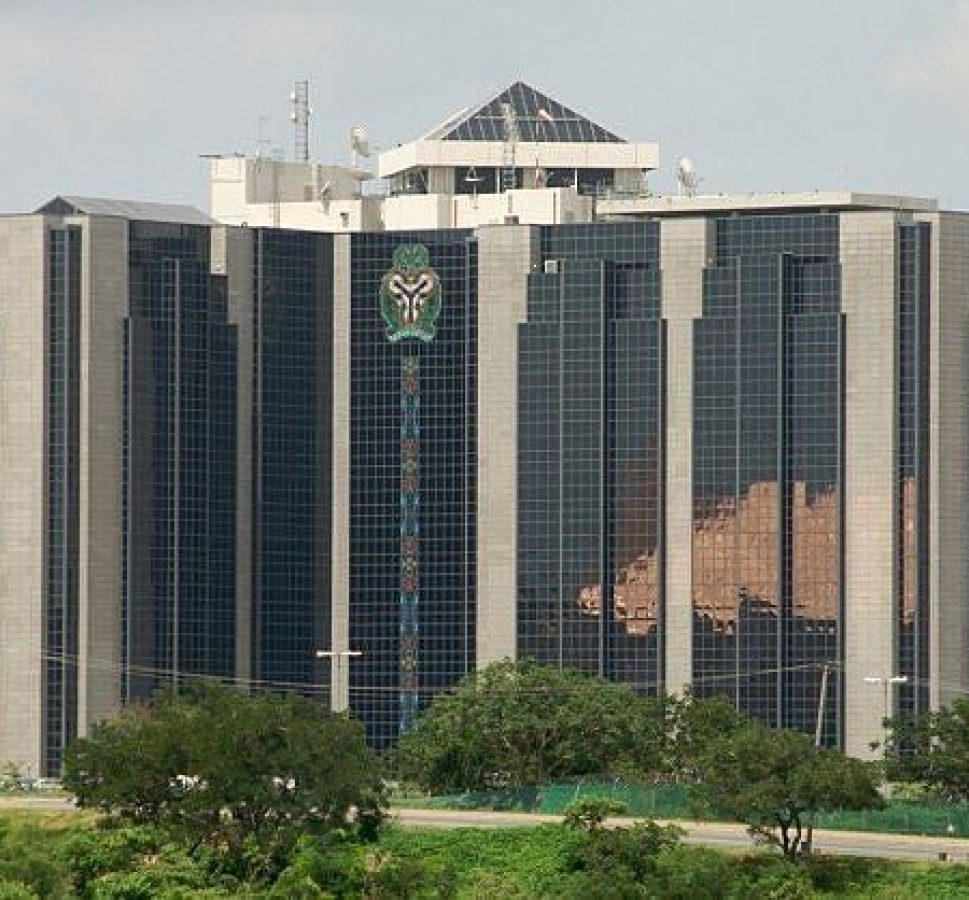
Under the new directive, each BDC must choose one preferred authorised dealer bank (ADB) each week for their forex procurement.
The Central Bank of Nigeria (CBN) has unveiled new regulations restricting Bureau de Change (BDC) operators to sourcing a maximum of $25,000 in foreign exchange per week from a single authorised dealer bank.
This was made known in a circular signed on Wednesday, by Dr. W. J. Kanya, Acting Director of the Trade & Exchange Department. It is part of the apex bank’s broader initiative to tighten forex management and safeguard the retail market.
Under the new directive, each BDC must choose one preferred authorised dealer bank (ADB) each week for their forex procurement.
“Authorised dealers shall sell foreign exchange cash to BDCs subject to a maximum of USD25,000.00 to a BDC per week,” the circular states, emphasising that breaching this condition will attract appropriate sanctions.
The policy is designed to eliminate the practice of approaching multiple banks to accumulate forex allocations, thereby reducing the risk of forex misuse.
To promote transparency and consistency, the CBN has mandated that all forex sales to BDCs occur at the prevailing day rate available at the Nigerian Foreign Exchange Market (NFEM) window.
However, the guidelines impose a one per cent cap on the margin BDCs can charge end-users over their purchase rate.
This cap is intended to prevent excessive pricing and protect consumers from being overcharged in forex transactions.
In a bid to strengthen oversight, both BDCs and authorised dealer banks are now required to adhere to stringent reporting requirements.
ADBs must submit weekly reports on forex sales to BDCs to the CBN’s Trade and Exchange Department using a prescribed format.
Concurrently, BDCs are expected to provide daily returns on their forex purchases and sales through the Financial Institutions Forex Reporting System.
The circular further restricts the use of BDC-purchased forex by limiting disbursements for individual end-users to $5,000 per quarter.
Meanwhile, eligible transactions under this cap include business and personal travel allowances, overseas school fees, and overseas medical expenses.
In reinforcing its commitment to anti-money laundering (AML) efforts, the CBN has directed BDCs to maintain comprehensive transaction records.
According to the circular, these records must include the Bank Verification Number (BVN) of end-users and an endorsement of the disbursed amount in the beneficiary’s passport.
The apex bank has reiterated that strict adherence to AML laws and Know Your Customer (KYC) requirements is non-negotiable.
Officials warned that any deviation from these guidelines—whether by an authorised dealer bank or a BDC—will result in severe sanctions, including the potential suspension of dealership licences.






